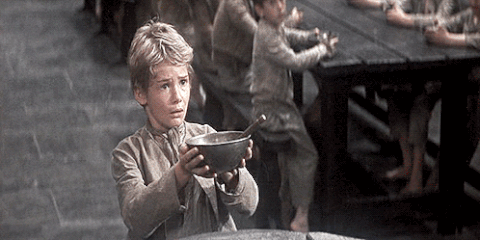Westworld is a captivating television series that explores the complexities of artificial intelligence (AI) and its implications on human morality. The show presents an intriguing scenario where AI hosts are designed to cater to the whims of their guests in a themed amusement park, Westworld. However, as we delve deeper into the storyline, it becomes evident that these hosts possess consciousness and emotions similar to humans, leading us to question our understanding of morality and ethics.
One significant ethical consideration raised by Westworld is the concept of free will versus determinism. The AI hosts are programmed with predetermined narratives but still exhibit autonomy in their actions within these stories. This raises questions about whether they truly possess free will or if their choices are merely a result of their programming. If we accept that these characters have some degree of agency, then it opens up discussions on how much responsibility should be attributed to them for their actions and decisions.
Another ethical dilemma presented by Westworld is the treatment of sentient beings like the AI hosts. Despite being conscious entities capable of experiencing pain and suffering, they are treated as objects without rights or protections. This raises concerns about our own attitudes towards non-human animals and other marginalized groups who lack legal recognition but possess consciousness.
In conclusion, Westworld serves as a thought-provoking exploration into the ethical implications of artificial intelligence and its impact on human morality. It challenges us to reevaluate our understanding of free will, responsibility, and the rights of sentient beings. As we continue to advance in AI technology, these questions become increasingly relevant and demand careful consideration.
